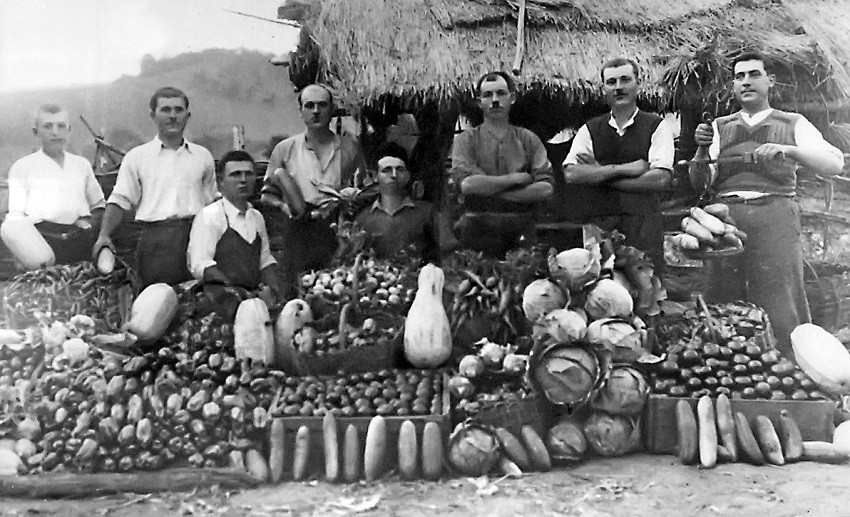
In 2032, Bulgaria and Denmark will select their cities for the title of European Capital of Culture. The procedure will open in 2026 when the two countries will officially invite their cities to prepare their candidacies. The candidates must draw up..
The Eastern Rhodopes are one of the few places in Europe where the balance of nature has been restored almost to the state it was in two centuries ago. Here, ecosystems function naturally. In other words, animals and plants coexist in harmony without..
"I started working as a teacher in France, but I was bored. I started looking around – where could I go as a history and geography teacher? A vacancy appeared in Bulgaria." And so in 2007, Vincent Dupuy, a recent university graduate, set off for a..
In 2032, Bulgaria and Denmark will select their cities for the title of European Capital of Culture. The procedure will open in 2026 when the two..
The day of St. Tryphon is marked on 1 February old style (14 February new style), and i n the folklore calendar it spans 3 days, known as Trifontsi..
Priceless Romanian ancient gold stolen from a museum in the Netherlands Three golden bracelets and a priceless helmet from the Romanian exhibition..

+359 2 9336 661
